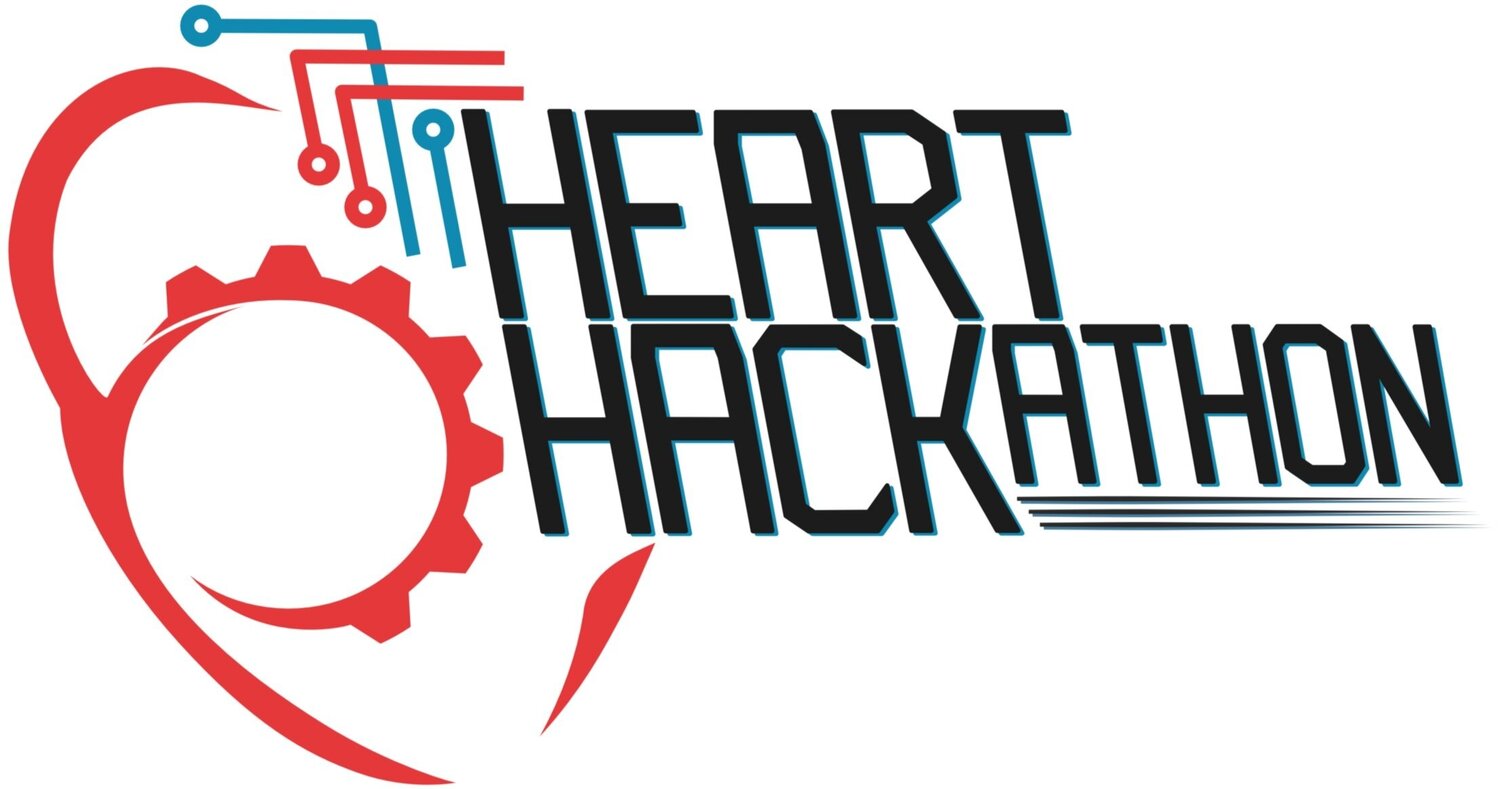Meet our Gold Sponsor
SynCardia is a pioneer in Total Artificial Heart technologies and manufactures the only FDA-approved device for biventricular heart failure. SynCardia TAH has, to date, been used hundreds of times in the US, Europe, and elsewhere to save and extend lives. The company aspires to further innovation to improve its patients' quality of life.
SynCardia's mission is to give end-stage heart failure patients the priceless gift of more time. More time with their families, more time outside the hospital enjoying life, and more time to receive a heart transplant.
The SynCardia team is passionate about saving lives and dedicated to responsiveness, teamwork, safety, reliability, and innovation.
Hear what SynCardia says about Heart Hackathon
“We believe that a fully implantable and permanent Total Artificial Heart (p-TAH) is an achievable goal, but it will need some of the world’s best engineers and clinicians to bring their passion to the challenge.”
"This competition is one way to inspire a new wave of innovators and generate fresh excitement around the world as we work with cardiologists, surgeons, and other medical professionals to save more lives, one heart at a time.”
Do pneumatic total artificial hearts have a future in a market where the more efficient continuous flow total artificial hearts are emerging?
“Efficiency is not the entire story - we need to have our patients survive long term and currently the FDA-approved application for the pneumatic artificial heart acts as a bridge to a subsequent transplant.”
Steve Langford, VP Clinical Support
What are some challenges to creating an artificial heart that works as well as a transplant?
“The pressure differential between the input to the artificial heart and the output to the human physiology is very important. They are two very different pressures and those all key into the end result of how it is going to affect the brain, the kidney, the liver and the digestive systems. All major systems need to have the appropriate and proper flow and pressures to be able to function as they do for a healthy person.”
Steve Langford, VP Clinical Support







